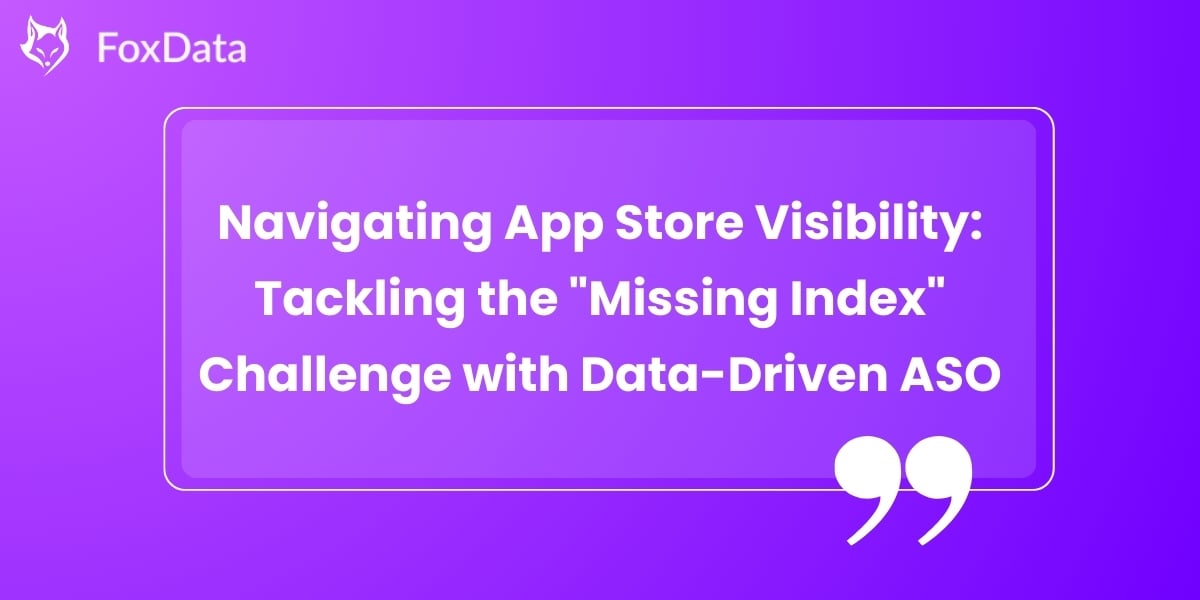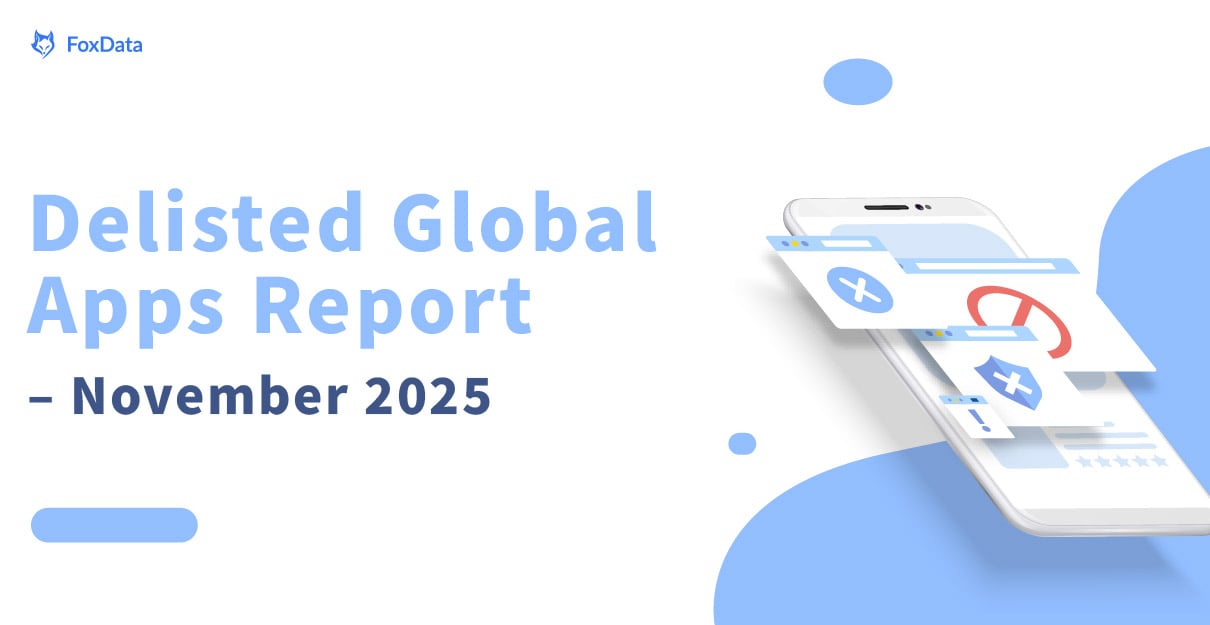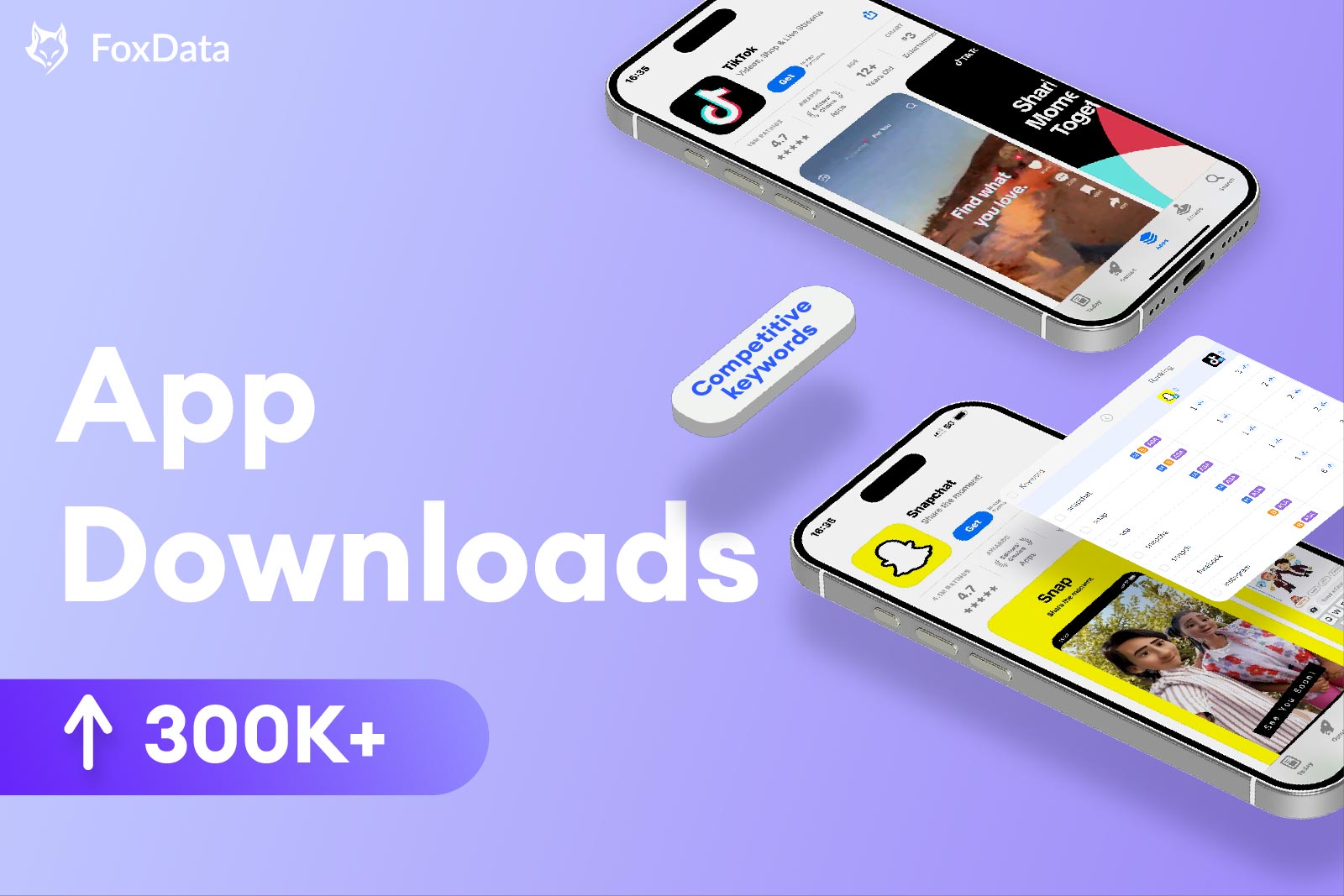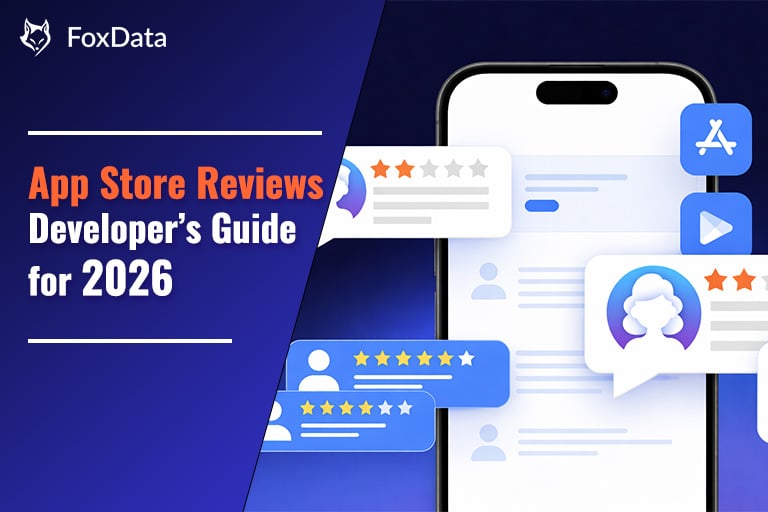Navigating App Store Visibility: Tackling the "Missing Index" Challenge with Data-Driven ASO

Hello, I’m Mia Mello, an expert in mobile app growth and App Store Optimization (ASO) strategies.
In recent conversations with developers and clients, I’ve noticed a recurring concern that surfaces shortly after launching an app: despite a thoughtfully crafted title and a well-funded Apple Search Ads campaign, the app barely appears in search results. Impressions are minimal, if any—and visibility seems inexplicably low. Understandably, this can be frustrating.
So, what’s going on here?
- Is this an indexing delay?
- Could it be a metadata issue?
- Or is the app being deprioritized by Apple’s algorithm?
Let’s unpack this challenge and explore how a data-driven ASO strategy can help reclaim your app’s visibility.
The Challenge: When Your App Disappears from Search Results
One client launched an app with a unique title that included both primary keywords and a brand name. In the first couple of days, the app appeared in search and even gained a few impressions—but didn’t benefit from the expected “new app boost.” Shortly after, its visibility dropped significantly.
When searching for the exact title without a specific punctuation mark, the app ranked around 20th—far lower than expected. But when the punctuation was included, the app jumped to the top of the results.
The team had also launched Apple Search Ads with:
- $4 CPT bid
- $20 daily budget
- Targeted keyword: “dream journal” (exact match)
Still, impressions remained low—indicating this wasn’t just a demand or campaign structure issue.
Why It Happens: Understanding App Store Indexing Behavior
This kind of indexing inconsistency rarely stems from a single factor. In my experience, it’s often a mix of:
- Keyword Competition: High-value keywords like “dream journal” are likely saturated. Your app may be buried under more established competitors.
- Metadata Matching: Even small punctuation nuances—like a dash—can affect Apple’s indexing behavior.
- Algorithmic Bias or Delays: It’s not uncommon for newer apps to experience delayed or partial indexing, especially if the metadata isn't fully optimized for Apple's ranking system.
And while Apple Search Ads can help diagnose these issues, they won’t overcome a weak metadata foundation. If your keywords don’t align with user intent, ads won’t perform—no matter the bid.
🔎 Find Out More: How to Optimize Your App's Matadata Effortlessly with "ASO Report"
My Data-Driven Approach to Solving Indexing Issue
Here’s the process I use to resolve these challenges and maximize App Store visibility:
1. Analyze Keyword Competitiveness
Before any optimization, I evaluate each targeted keyword using FoxData’s Keyword Research Tools to identify:
- High-traffic keywords that are too saturated
- Niche keywords with lower competition but high relevance
- Long-tail alternatives that match real user queries
This gives us a realistic foundation to restructure metadata.
👉 Learn More: Utilizing Keywords Tools to Improve Your App Marketing Performance(1)
2. Optimize Metadata with Strategic Consistency
Next, I conduct a full metadata audit to ensure:
- Primary keyword phrases are repeated naturally across title, subtitle, and keyword fields
- Formatting mirrors how users actually search (e.g., no unnecessary punctuation that could confuse indexing)
- Secondary keywords are reinforced within the app description
In this case, we adjusted how the app name was structured—removing ambiguities that were likely causing indexing issues. These small, intentional changes can signal stronger relevance to Apple’s algorithm.
3. Monitor and Adapt with Real-Time Data
ASO isn’t a one-and-done effort. I continuously:
- Monitor rankings and impression trends
- Analyze competitor movement
- Update metadata and ads based on user behavior shifts
Apple’s algorithm evolves, and so should your strategy. Tools like FoxData allow me to track these trends in real-time and act quickly when visibility drops. Dive into the latest global app delisting data to uncover key trends, platform insights, and what app removals reveal about the app market in November 2025.

Search Ads are a Tool, Not a Fix
Apple Search Ads are powerful—but they don’t fix indexing problems on their own. If your app isn’t properly indexed or isn’t aligned with how users search, even the highest CPT bid won’t yield results.
Instead, I treat Search Ads as a diagnostic tool:
- If an ad with a strong bid gets no impressions, that keyword might not be indexed.
- If the ad performs inconsistently depending on punctuation, metadata clarity is likely the culprit.
Turning Challenges Into Opportunities
In my professional experience, a missing index issue isn’t a dead end—it’s a strategic opportunity. With tools like FoxData’s comprehensive analytics suite, I can identify the core issue—whether it’s keyword competition, weak metadata, or indexing quirks—and apply precise, actionable solutions.
This data-driven method doesn’t just recover your app’s search visibility—it strengthens your entire user acquisition framework.
If you’re seeing:
- Low impressions from Apple Search Ads
- Poor search visibility for your app’s name
- Confusing or inconsistent keyword rankings
Chances are, there’s an underlying ASO issue. My approach? Use diagnostic insights from Search Ads, backed by continuous optimization, to achieve sustained visibility and growth.
Let's Work Together
If your app is struggling with indexing or underperforming in search, don’t panic—pivot. With the right tools and strategy, we can fix what’s holding you back.
👉 Need help? Reach out any time— Drop a comment or let me know what challenges you're facing with your app’s visibility or ASO—I’d love to hear your situation and explore solutions with you!






